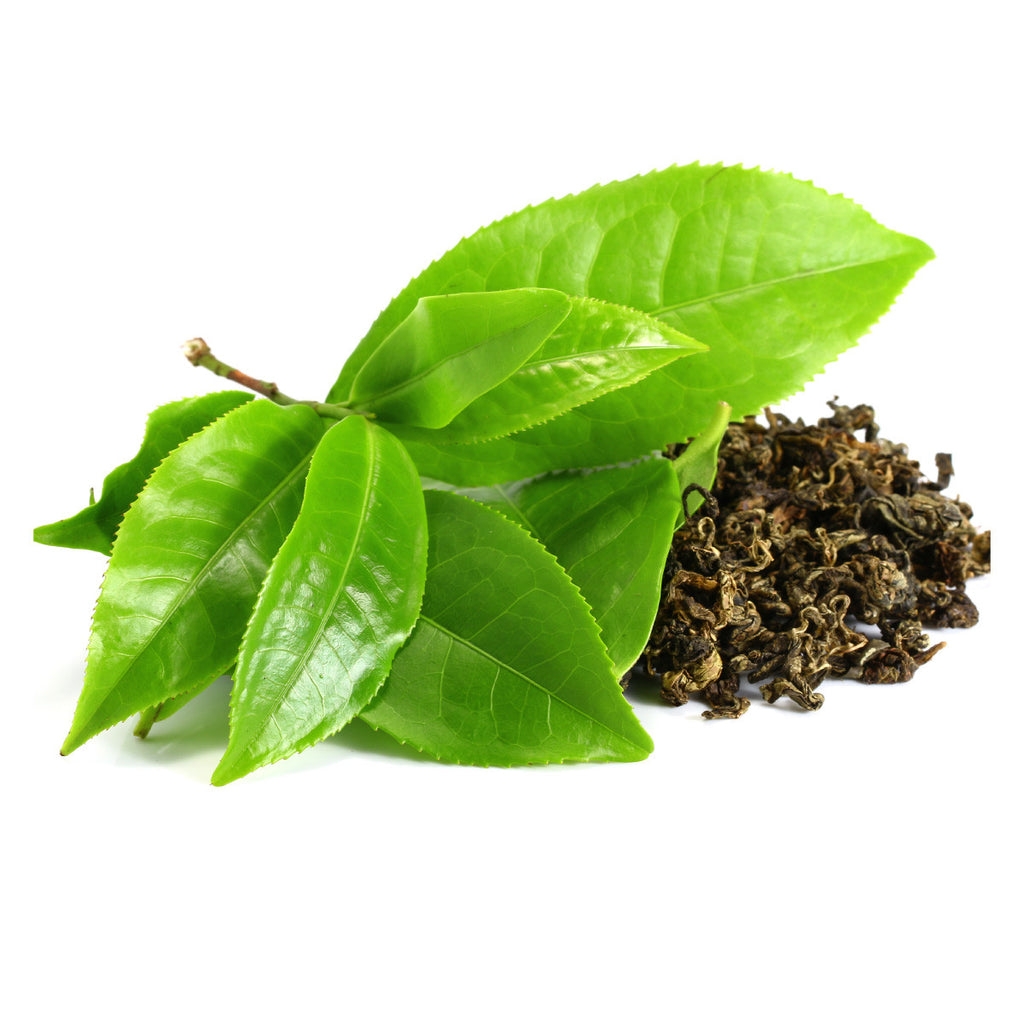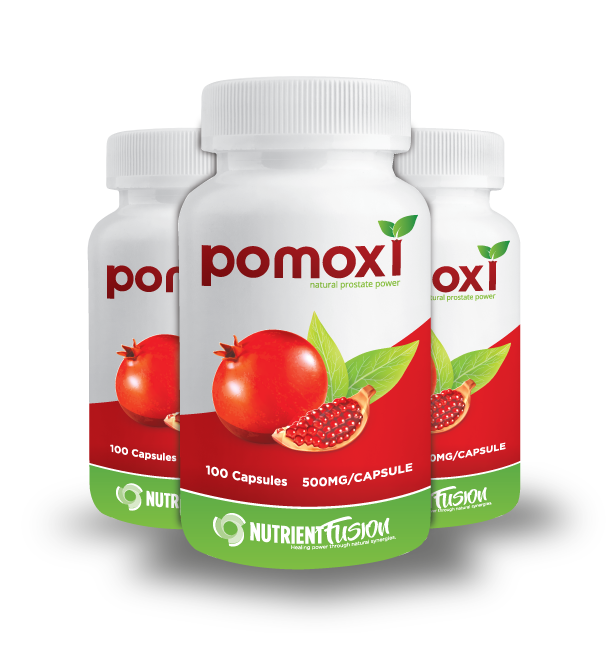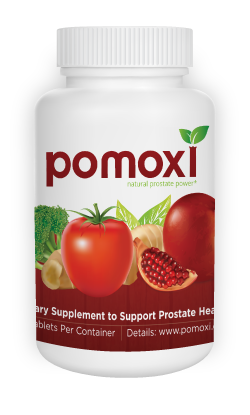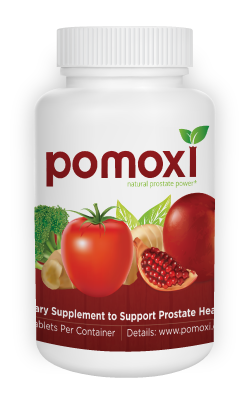Green Tea
With over a thousand-year reputation as a healing drink, green tea is used around the globe.

Subscribe and Save 15%
BUY NOW
The Science of Green Tea
Pomoxi contains Green tea, which consists of over 50% EGCG (Epigalllocatechin Gallate), the major flavonoid in Green tea. (1)
Green tea contains a much higher level of catechins than black tea, particularly EGCG, which has been shown to support prostate health in studies and meta-analyses of studies involving thousands of men. (2, 3)
Green tea increases the total antioxidant capacity of men drinking tea, and this health capacity increases with increasing Green tea amounts consumed. (4)
Green tea protects against cholesterol oxidation, the first step in atherosclerosis, or hardening of the arteries, but black tea does not. (5)
Pomoxi’s Green tea component supports good prostate health in men and helps protect against cholesterol oxidation.
What is Green Tea?
The world’s most consumed beverage (just behind water and coffee), green tea is the scientific name for Camellia sinensis or the tea plant in whole, unprocessed form. Due to its thousand-year reputation as a health drink, enjoyment of the herb in its various forms has spread to many countries around the globe from its homeland in Asia.
Today, its popularity is climbing as a health food and supplement more than ever. Studies continue to uncover many desirable health properties, including anti-inflammatory, blood sugar supporting, and blood pressure maintenance benefits – though its role as an antioxidant is the most emphasized.
Green tea’s antioxidant activity may have some great implications for prostate health. The much-loved beverage’s ability to improve immunity has measurable prostate benefits.
In addition to these benefits, this Asian herb has a few other prostate supporting tricks up its sleeve. Taking a green tea supplement, in addition to green tea consumption, has other supportive health benefits for your entire body.
Green Tea’s Compounds
Beyond its caffeine content and taste, green tea is chock full of valuable compounds called polyphenols, which have high antioxidant activity.
These include:
- Epicathecins (EC)
- Epicathecin gallate (ECG)
- Epigallocathecins (EGC)
- Epigallocathecin gallate (EGCG)
The compounds listed above are collectively known as cathecins, phenolic bioflavonoids that protect your body's cells from damage. However, of all these compounds, ECGC shows the greatest potential as an ingredient for supporting prostate health.
Tea versus Supplement
Can one source green tea’s prostate supporting benefits from consumption of the tea beverage alone? Or would it be better to turn to a supplement source?
The body has a hard time absorbing EGCG. For optimum absorption and effect, one would have to ingest between 400 and 800 mg for any measurable benefit – an amount that would require you to drink 8 to 16 cups of green tea per day. That may be possible, but it's not all too practical, is it?
For this reason, turning to a concentrated supplement containing extracted EGCG’s is much more practical.
Using Green Tea
If you are looking into natural prostate-supporting supplements, talk to your doctor about taking Pomoxi. Along with its green tea and ECGC content, this all-natural supplement contains many other well-researched, hopeful prostate ingredients as well – including lycopene, curcumin, grapeseed extract, and more.
References
1. Khan N., Mukhtar H. Tea polyphenols for health promotion. Life Sciences. 2007; 81 (7): 519–533.
2. Zheng J, Yang B, Huang T, et al. Green tea and black tea consumption and prostate health: an exploratory meta-analysis of observational studies. Nutr Cancer. 2011; 63:663–72.
3. Guo Y, Zhi F, Chen P, Zhao K, Xiang H, Mao Q, Wang X, Zhang X. Green tea and prostate health: A systematic review and meta-analysis. Medicine (Baltimore). 2017 Mar; 96 (13): e6426.
4. Pecorari M, Villaño D, Testa MF, Schmid M, Serafini M. Biomarkers of antioxidant status following ingestion of green teas at different polyphenol concentrations and antioxidant capacity in human volunteers. Mol Nutr Food Res. 2010 Jul; 54 Suppl 2: S278-83.
5. McAnlis GT, McEneny J, Pearce J, Young IS. Black tea consumption does not protect low density lipoprotein from oxidative modification. Eur J Clin Nutr. 1998 Mar; 52 (3): 202-6.


